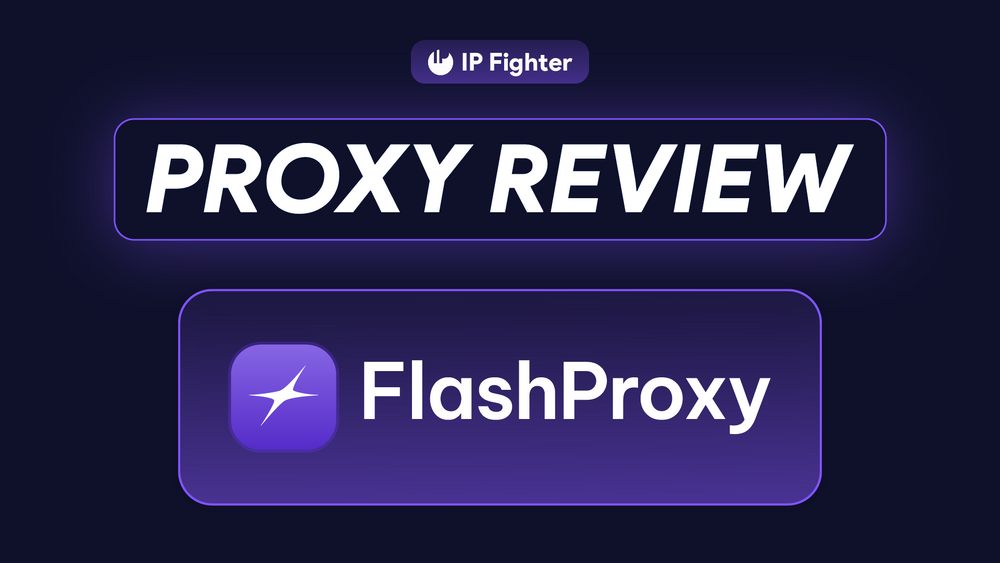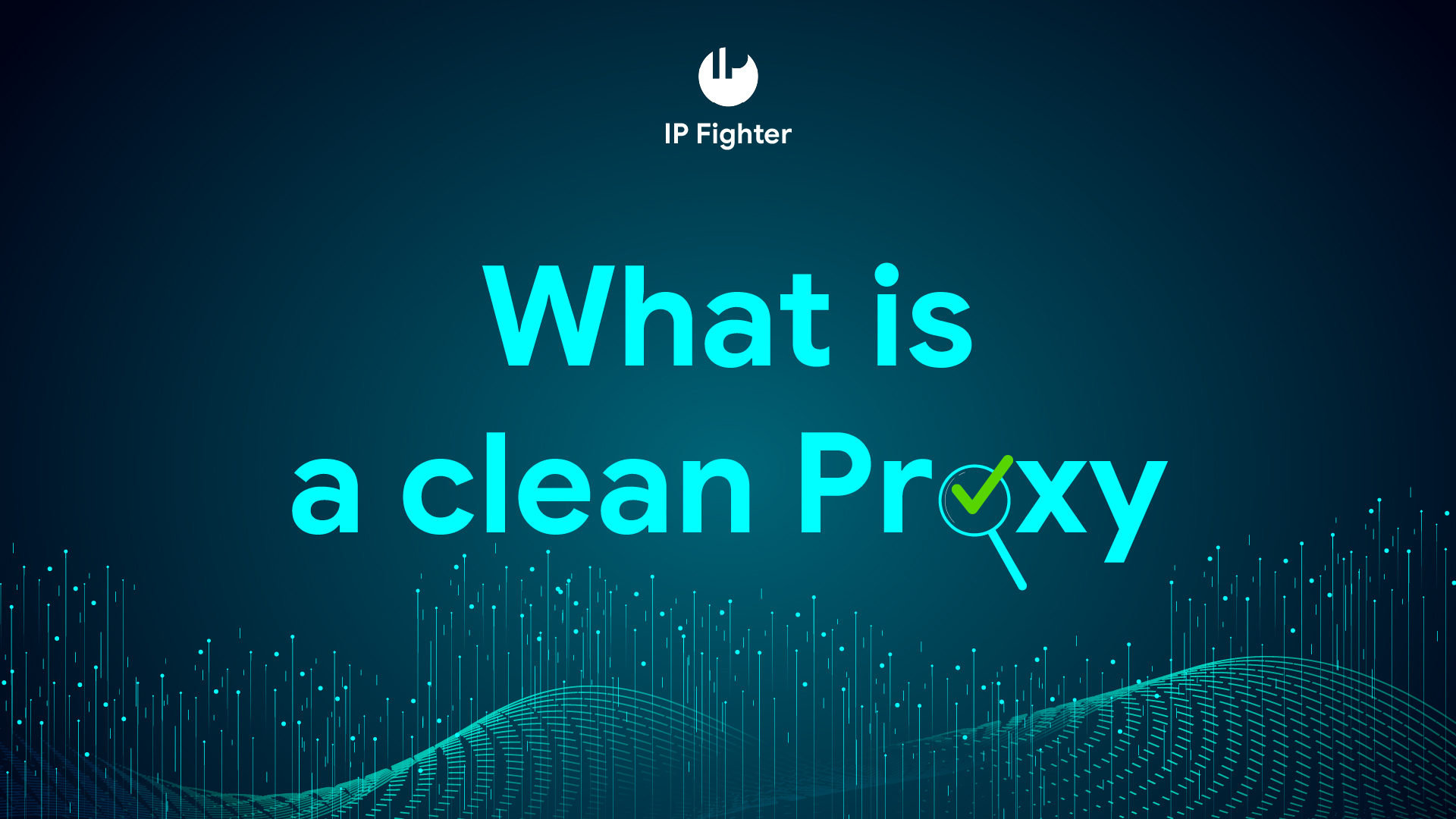Keep in mind that even initially trustworthy proxies can deteriorate over time, especially if subjected to heavy traffic or multiple users. No proxy remains "clean" indefinitely; they tend to perform well initially but might eventually degrade. This is why IPs from places like hotels, cafes, or internet cafes are often not reliable since many people use them.
As you continue to use a proxy, even if your cookies remain valid, accounts linked to IPs that have raised suspicions may face lockouts or repeated login requests. To regain access, you will likely need to change your IP address. For valuable accounts, it's advisable to invest in high-quality proxies from reputable sources, even though they may cost a bit more.
Some proxy providers have ways to refresh IPs (like 911 proxy), although they don't always explain how it works. They might also work with big systems to remove IPs from blacklists.
Proxies from regular homes are usually better than ones from data centers because they're meant for normal people to use.
IPv6 has lots of IP addresses, and big systems often don't pay much attention to it. But some websites, like Gleam, Etsy, and eBay, don't work with IPv6, so using these proxies might not work there.


